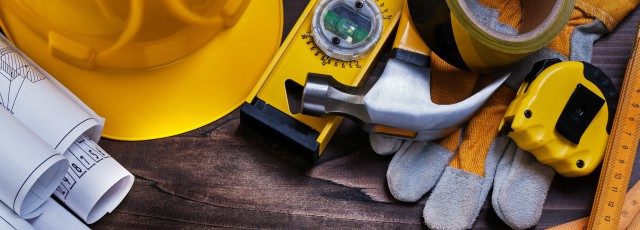

Implementation of the results of these analyses is the key to reaping the benefits. Analysis is the easy bit; implementing the results always poses challenges. So we will see how to grind away at the hard parts - writing new maintenance routines, scheduling work, then doing it on time, recording history, and then reaping the rewards. Finally we will see how to implement change successfully. For this we need to understand critical success factors, change management, the importance of good communication and how to track progress. Sustained improvement needs a process to hold the gains.
The structure and content of this workshop will help you formulate action plans that can significantly improve safety, production, mission success and cost performance.
If you are a manager, supervisor, engineer, logistics specialist an academic or other professional seeking an answer to any of these questions, this workshop will be able to help you. It is aimed at people with a stake in Operational Success working in the Oil & Gas Industry, Manufacturing Plants, Chemical, Pharmaceutical Industries, Contractors and other Service providers. You will learn Strategic Maintenance Management techniques that will improve the performance of your plant as a result of better reliability and availability of your facilities.
This interactive Training will be highly interactive, with opportunities to advance your opinions and ideas and will include;
CDGA attendance certificate will be issued to all attendees completing minimum of 80% of the total course duration.
| Code | Date | Venue | Fees | Register |
|---|---|---|---|---|
| MI132-02 | 07-06-2026 | Riyadh | USD 5450 | |
| MI132-03 | 20-09-2026 | Dubai | USD 5450 | |
| MI132-04 | 23-11-2026 | Amsterdam | USD 6950 |

This course is packed with the insights and the powerful techniques of successful maintenance planning and scheduling for high equipment reliability. The comprehensive content gives you best practice ...

Effective planned & predictive maintenance are critical for a successful company and an integral part of maintenance management strategies such as RCM, RBM TPM, and even 6-Sigma. This course has been ...

This course will provide you with comprehensive training to develop skills to better manage workplace maintenance people. By attending, you will gain advice for the most effective methods to develop y ...
Providing services with a high quality that are satisfying the requirements
Appling the specifications and legalizations to ensure the quality of service.
Best utilization of resources for continually improving the business activities.
CDGA keen to selects highly technical instructors based on professional field experience
Since CDGA was established, it considered a training partner for world class oil & gas institution
3012, Block 3, 30 Euro Business Park, Little Island, Co. Cork, T45 V220, Ireland
Mon to Fri 09:00 AM to 06:00 PM
Contact Us anytime!
Request Info